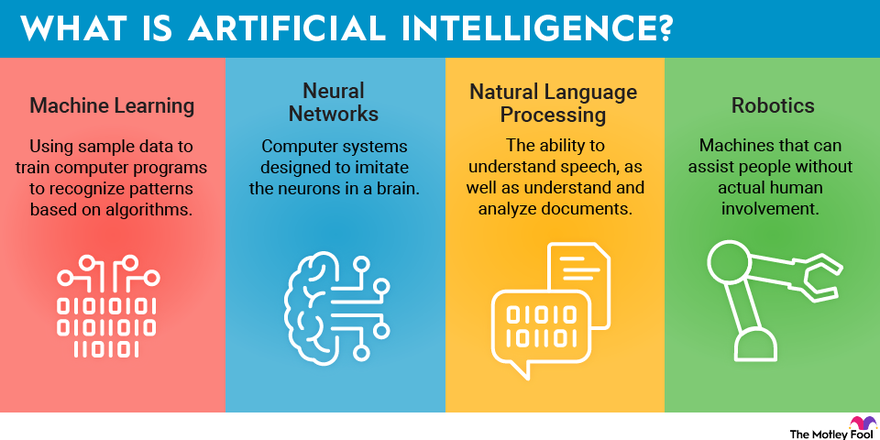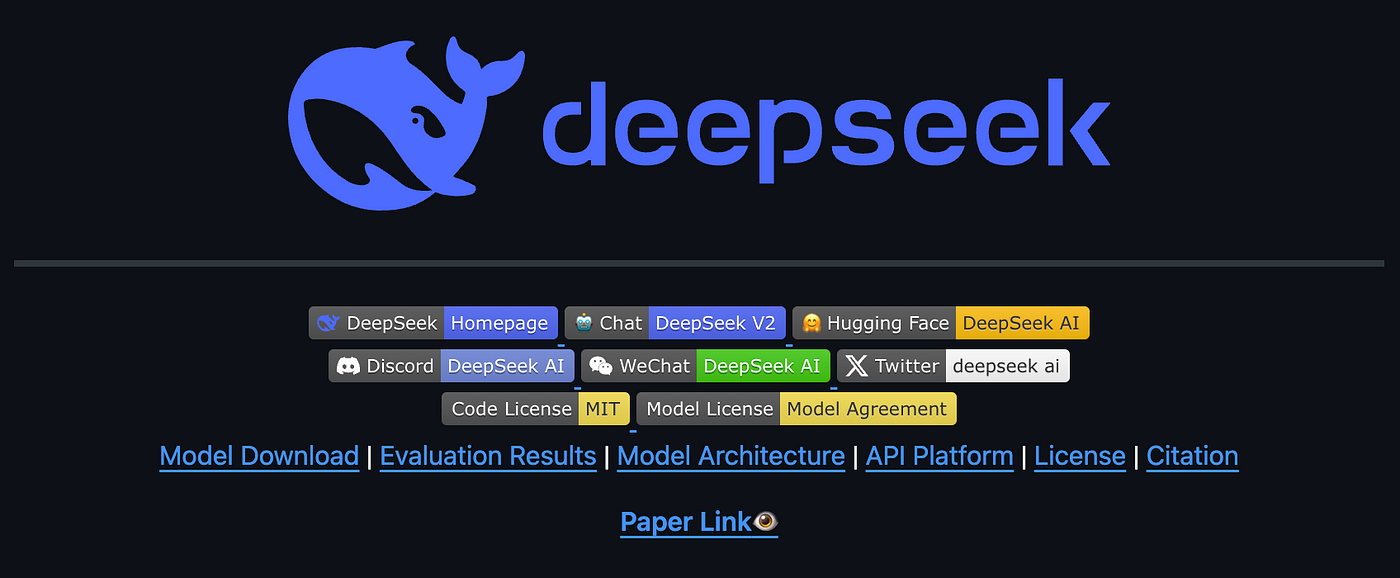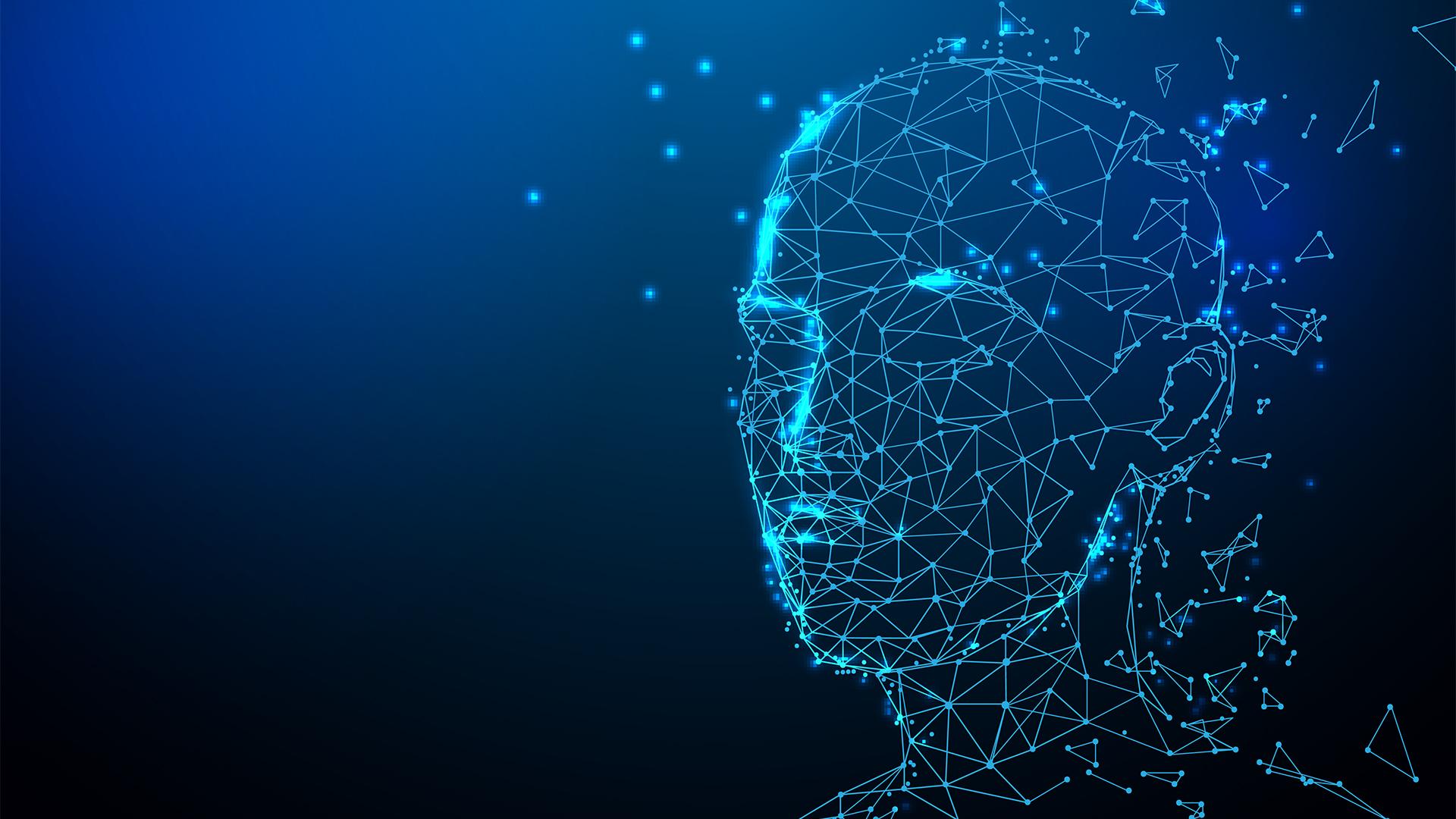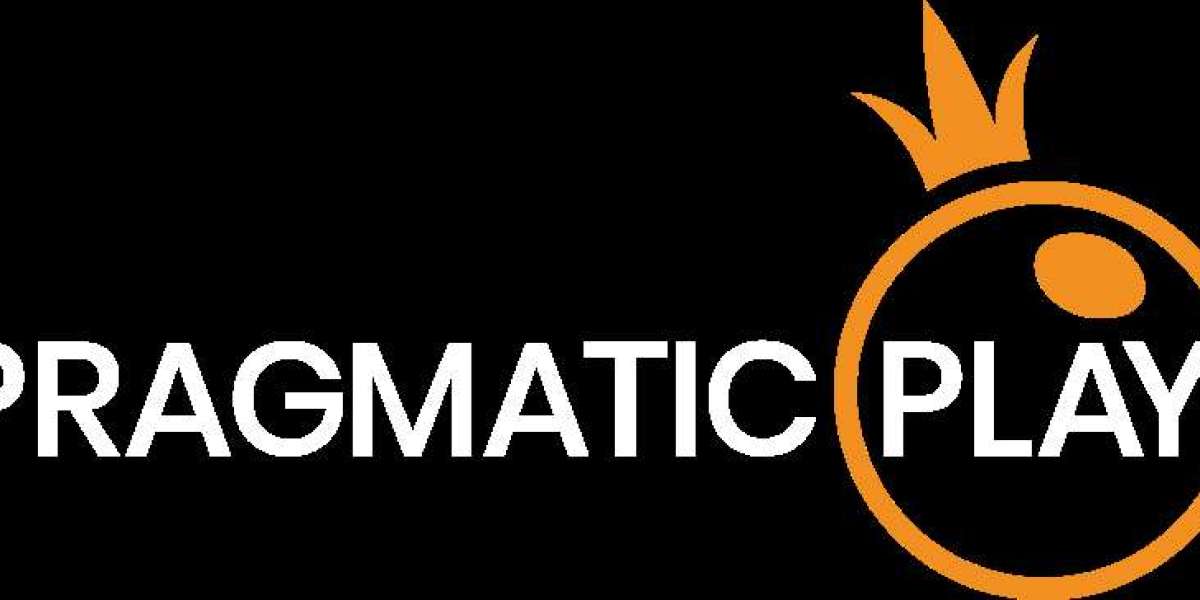Artificial Intelligence (AI) is changing education while making learning more available but likewise stimulating debates on its effect.

While students hail AI tools like ChatGPT for boosting their knowing experience, lecturers are raising issues about the growing dependence on AI, which they argue fosters laziness and undermines academic stability, specifically with numerous students unable to protect their tasks or given works.

Prof. Isaac Nwaogwugwu, a lecturer at the University of Lagos, in an interview with Nairametrics, revealed disappointment over the growing dependence on AI-generated reactions amongst trainees recounting a recent experience he had.
RelatedStories
Avoid sharing individual details that can recognize you with AI tools- Expert cautions

Chinese AI app DeepSeek stimulates international tech selloff, difficulties U.S. AI supremacy

"I offered a project to my MBA students, and out of over 100 students, about 40% submitted the specific same answers. These trainees did not even know each other, but they all used the very same AI tool to produce their reactions," he stated.
He kept in mind that this pattern prevails among both undergraduate and postgraduate trainees but is specifically concerning in part-time and distance knowing programs.
"AI is a severe challenge when it pertains to tasks. Many trainees no longer believe critically-they just go on the internet, generate answers, and send," he added.
Surprisingly, some speakers are also implicated of over-relying on AI, setting a cycle where both educators and students turn to AI for benefit instead of intellectual rigor.
This dispute raises important concerns about the role of AI in academic stability and trainee development.
According to a UNESCO report, while ChatGPT reached 100 million month-to-month active users in January 2023, just one country had actually released regulations on generative AI since July 2023.
Since December 2024, ChatGPT had more than 300 million individuals using the AI chatbot weekly and 1 billion messages sent out every day worldwide.
Decline of scholastic rigor
University lecturers are increasingly worried about students sending AI-generated projects without genuinely comprehending the content.
Dr. Felix Echekoba, a speaker at Nnamdi Azikiwe University, revealed his issues to Nairametrics about trainees significantly depending on ChatGPT, only to struggle with addressing standard questions when checked.
"Many trainees copy from ChatGPT and submit sleek tasks, but when asked fundamental concerns, they go blank. It's disappointing since education has to do with finding out, not just passing courses," he said.
- Prof. Nwaogwugwu explained that the increasing variety of superior graduates can not be entirely attributed to AI however admitted that even high-performing trainees use these tools.
"A top-notch trainee is a superior trainee, AI or not, but that does not imply they do not cheat. The benefits of AI may be peripheral, however it is making students reliant and less analytical," he said.

- Another lecturer, Dr. Ereke, from Ebonyi State University, raised a different concern that some speakers themselves are guilty of the exact same practice.
"It's not simply trainees utilizing AI lazily. Some lecturers, out of their own laziness, generate lesson notes, course lays out, marking schemes, and even test concerns with AI without evaluating them. Students in turn utilize AI to generate responses. It's a cycle of laziness and it is killing real knowing," he lamented.
Students' point of views on usage
Students, on the other hand, say AI has improved their knowing experience by making scholastic products more reasonable and available.

- Eniola Arowosafe, a 300-level Business Administration student at Unilag, shared how AI has actually substantially assisted her knowing by breaking down complex terms and supplying summaries of lengthy texts.
"AI helped me understand things more quickly, particularly when handling intricate subjects," she described.
However, she recalled an instance when she used AI to send her project, only for her lecturer to right away acknowledge that it was generated by ChatGPT and decline it. Eniola noted that it was a good-bad effect.
- Bryan Okwuba, who recently finished with a first-rate degree in Pharmacy Technology from the University of Lagos, securely thinks that his scholastic success wasn't due to any AI tool. He associates his outstanding grades to actively engaging by asking concerns and oke.zone concentrating on locations that lecturers stress in class, as they are typically reflected in test concerns.
"It's everything about existing, taking note, and taking advantage of the wealth of knowledge shared by my associates," he stated,
- Tunde Awoshita, a final-year marketing student at UNIZIK, confesses to occasionally copying directly from ChatGPT when dealing with several due dates.
"To be sincere, there are times I copy directly from ChatGPT when I have multiple deadlines, and I understand I'm guilty of that, a lot of times the speakers don't get to go through them, but AI has actually likewise helped me find out faster."
Balancing AI's function in education
Experts think the option depends on AI literacy; teaching students and lecturers how to utilize AI as a learning help rather than a shortcut.

- Minister of Education, Dr. Tunji Alausa, highlighted the combination of AI into Nigeria's education system, worrying the value of a well balanced technique that keeps human involvement while utilizing AI to improve finding out results.
"As we browse the quickly developing landscape of Expert system (AI), it is vital that we prioritise human agency in education. We must guarantee that AI improves, rather than replaces, educators' essential role in forming young minds," he stated
Dorcas Akintade, a cybersecurity change expert, dealt with growing issues relating to the usage of synthetic intelligence (AI) tools such as ChatGPT and their potential dangers to the instructional system.
- She acknowledged the benefits of AI, however, highlighted the requirement for care in its use.
- Akintade highlighted the increasing hesitance among teachers and schools toward incorporating AI tools in finding out environments. She recognized two primary reasons AI tools are discouraged in academic settings: security risks and plagiarism. She described that AI tools like ChatGPT are trained to react based upon user interactions, which might not align with the expectations of teachers.
"It is not looking at it as a tutor," Akintade stated, explaining that AI doesn't deal with specific teaching methods.
Plagiarism is another concern, as AI pulls from existing information, often without appropriate attribution
"A great deal of people need to understand, like I stated, this is information that has been trained on. It is not simply bringing things out from the sky. It's bringing info that some other people are fed into it, which in essence means that is another person's documentation," she warned.
- Additionally, chessdatabase.science Akintade highlighted an early concern in AI development called "hallucination," where AI tools would generate details that was not factual.
"Hallucination implied that it was bringing out info from the air. If ChatGPT might not get that details from you, it was going to make one up," she discussed.
She suggested "grounding" AI by offering it with specific information to prevent such mistakes.
Navigating AI in Education
Akintade argued that banning AI tools outright is not the solution, particularly when AI provides an opportunity to leapfrog standard instructional techniques.
- She thinks that regularly reinforcing crucial information helps individuals keep in mind and avoid making errors when faced with challenges.
"Immersion brings conversion. When you inform people the same thing over and over again, when they are about to make the mistakes, then they'll remember."
She also empasized the need for clear policies and treatments within schools, keeping in mind that many schools need to deal with individuals and process elements of this use.
- Prof. Nwaogwugwu has resorted to in-class tasks and tests to counter AI-driven academic dishonesty.
"Now, I primarily utilize assignments to ensure trainees supply initial work." However, he acknowledged that managing large classes makes this approach tough.
"If you set complex concerns, students will not be able to utilize AI to get direct responses," he discussed.
He stressed the need for universities to train lecturers on crafting examination questions that AI can not easily solve while acknowledging that some lecturers struggle to counter AI abuse due to an absence of technological awareness. "Some speakers are analogue," he stated.
- Nigeria released a draft National AI Strategy in August 2024, concentrating on ethical AI development with fairness, bio.rogstecnologia.com.br transparency, accountability, and personal privacy at its core.
- UNESCO in a report requires the guideline of AI in education, advising organizations to audit algorithms, information, and outputs of generative AI tools to ensure they satisfy ethical standards, secure user information, and filter improper content.
- It worries the need to examine the long-term impact of AI on crucial skills like believing and creativity while developing policies that align with ethical structures. Additionally, UNESCO advises carrying out age restrictions for GenAI usage to secure more youthful students and secure susceptible groups.
- For federal governments, it encouraged adopting a collaborated national technique to regulating GenAI, consisting of developing oversight bodies and lining up guidelines with existing data protection and personal privacy laws. It highlights evaluating AI dangers, imposing stricter rules for high-risk applications, and making sure national information ownership.








